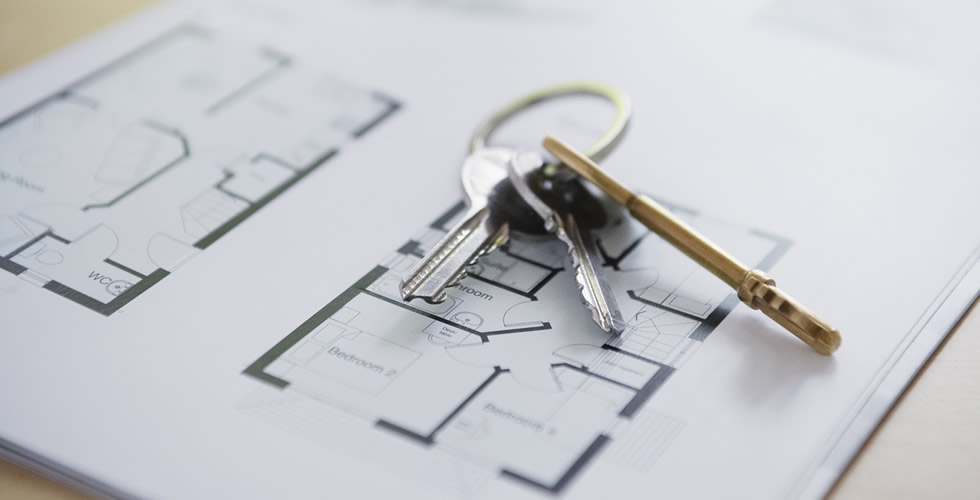It can be so easy to find yourself falling in love at first sight when it comes to looking for your first home, but allowing your emotions to rule you can create problems. It is far better to calmly prepare yourself far in advance using these considerations for choosing your home.\r\n\r\n1. Decide Where You Want To Live\r\n\r\nWhen it comes to selection criteria, there is a very good reason “location” is repeated three times. It is critical in terms of not only your enjoyment of your home, but the implications of eventually selling it.\r\n\r\nSome considerations for choosing your location are proximity to work, schools, public transportation, and social venues. Demographics also play a role. For example, if you are single you might prefer an area with a high population of unmarried people.\r\n\r\n2. Consider Home Cost\r\n\r\nDo your homework and learn how much houses in the neighborhood are going for. You can then get a better idea of what you can afford, and the amount needed for the down payment. Don’t forget to consider other costs involved like taxes, dues, and fees. Or if your desired home is part of a homeowners association, there may be an assessment. It may involve a small annual fee or be greater in the case of a condo.\r\n\r\n3. Increase Your Credit\r\n\r\nYou will need a good credit score to qualify for a mortgage. It will also help you get the best interest rate so that your borrowing costs are lower. Now is the time to correct any bad spending habits you may have so that you have the highest credit score possible. Check your credit report today and correct any errors you find. The time to discover any issues is not when you are actively looking for a home.\r\n\r\n4. Begin Saving For Your Down Payment\r\n\r\nFinally, it’s good practice to be saving enough to afford at least a 10 percent down payment on your home. If you are able to save 20 percent, this will not only get you the more favorable mortgage terms, but it will prevent the need for paying for private mortgage insurance that safeguards lenders from loan defaults. Saving for a 10 to 20 percent down payment can be a significant expense, so start saving now. You could keep it in your saving account so that it is there when you need it.\r\nStart smart and start now!
Four Smart Steps to Home Ownership

